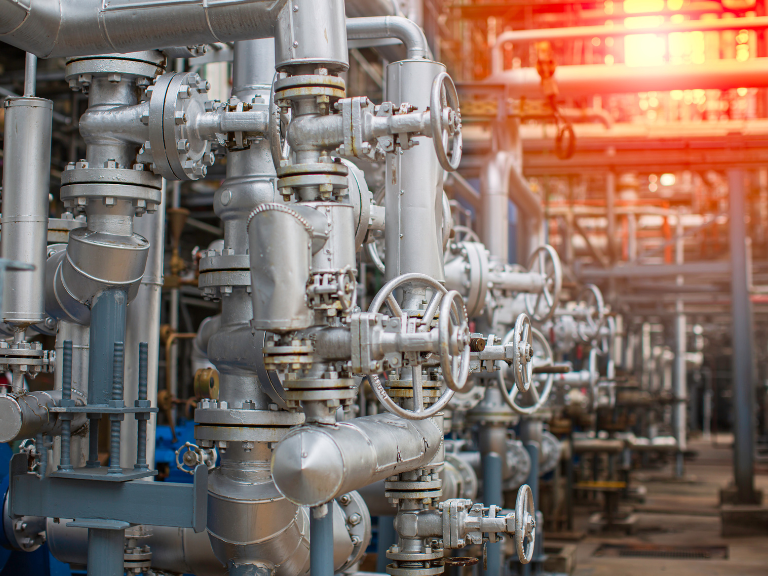
Are you aware of the gas health and safety risks that may plague your commercial venue?
At LJS Gas and Heating, our engineers play a critical role in maintaining the commercial industry. But as a business owner, it’s your responsibility to ensure that gas safety is taken seriously.
In this blog, we’ll delve deeper into two of the most common (yet avoidable) gas health and safety risks that our engineers face on a daily basis.
Limited Access To Appliances
Frequently, our gas safe engineers are obstructed from maintaining, installing and repairing gas appliances due to limited access.
At LJS, our gas safe engineers often identify limited access as an obstacle in the completion of gas projects. Flagged by a risk assessment, this can turn a simple task into a longer project which could even be more costly for your business.
Helping us understand the hazards associated with any project, our risk assessments are vital – particularly in relation to limited access. In fact, it’s at this stage of the project that our team can request access to appliances if they are currently blocked.
Typically, we’ll ask your building or facility manager to clear the area and remove the risk. However, if the obstruction is too great, we may need to revisit the task at a different time.
How Can I Remove The Risk?
Access is often unconsidered by facilities managers, meaning that some commercial gas engineers may have to climb over the obstructing items to reach the appliances in need of servicing. However, at LJS, our gas safe engineers won’t risk a health and safety hazard; instead, we’ll request that the space is cleared before our work commences.
To ensure that your appliances are kept accessible at all times, make sure that obstructions, such as storage items, aren’t left in their path.
Plant Rooms Used As Storage Rooms
When large plant rooms are used for storage space, our engineers face an immediate gas health and safety risk.
Another gas health and safety risk frequently encountered by our commercial gas engineers is the multi-use of plant rooms. The space, used to house technical gas equipment such as cylinders, boilers, pumps and control boards, may be large. But it should never be used to store generic building equipment.
In their experience, our gas safe engineers have found paint, ladders, tables, chairs and cleaning products in plant rooms. These items aren’t only at risk of combusting, they block vital space which can invalidate insurance.
How Can I Remove The Risk?
Plant rooms shouldn’t be used to store anything other than the technical gas equipment built inside of it. To remove the risk, don’t use them for storage in the first place.
All in all, gas health and safety risks can endanger engineers, colleagues and customers, whilst putting the building’s insurance at risk. Likewise, these hazards can result in additional costs as a result of repeat call outs. But they are avoidable, and can be rectified in a timely manner as a result of a risk assessment.
For an expert commercial gas engineer you can rely on, contact LJS Gas and Heating. Our technicians will work closely with your facilities manager to ensure that health and safety risks are avoided, and maintenance, repair and installation requirements are completed in a timely and affordable manner.

